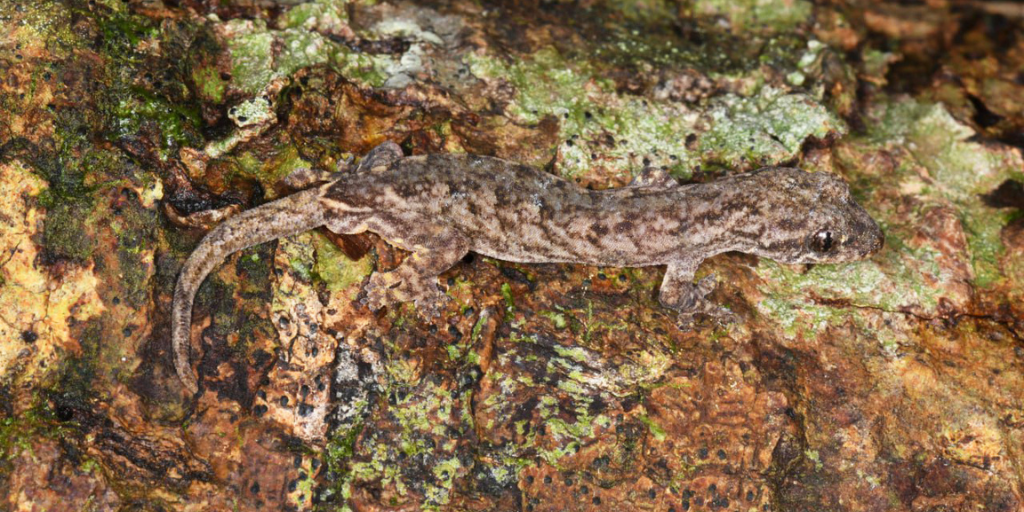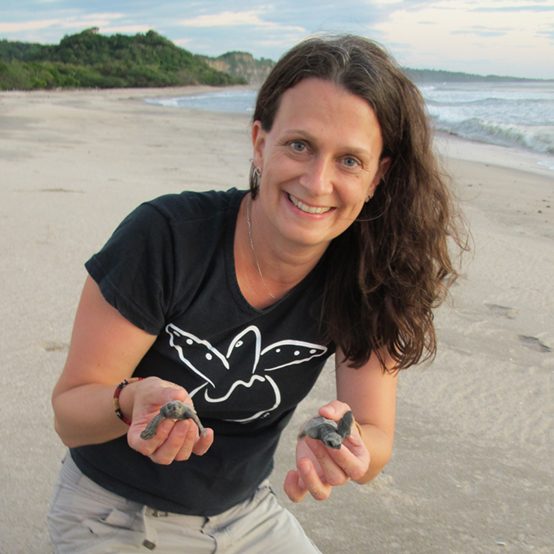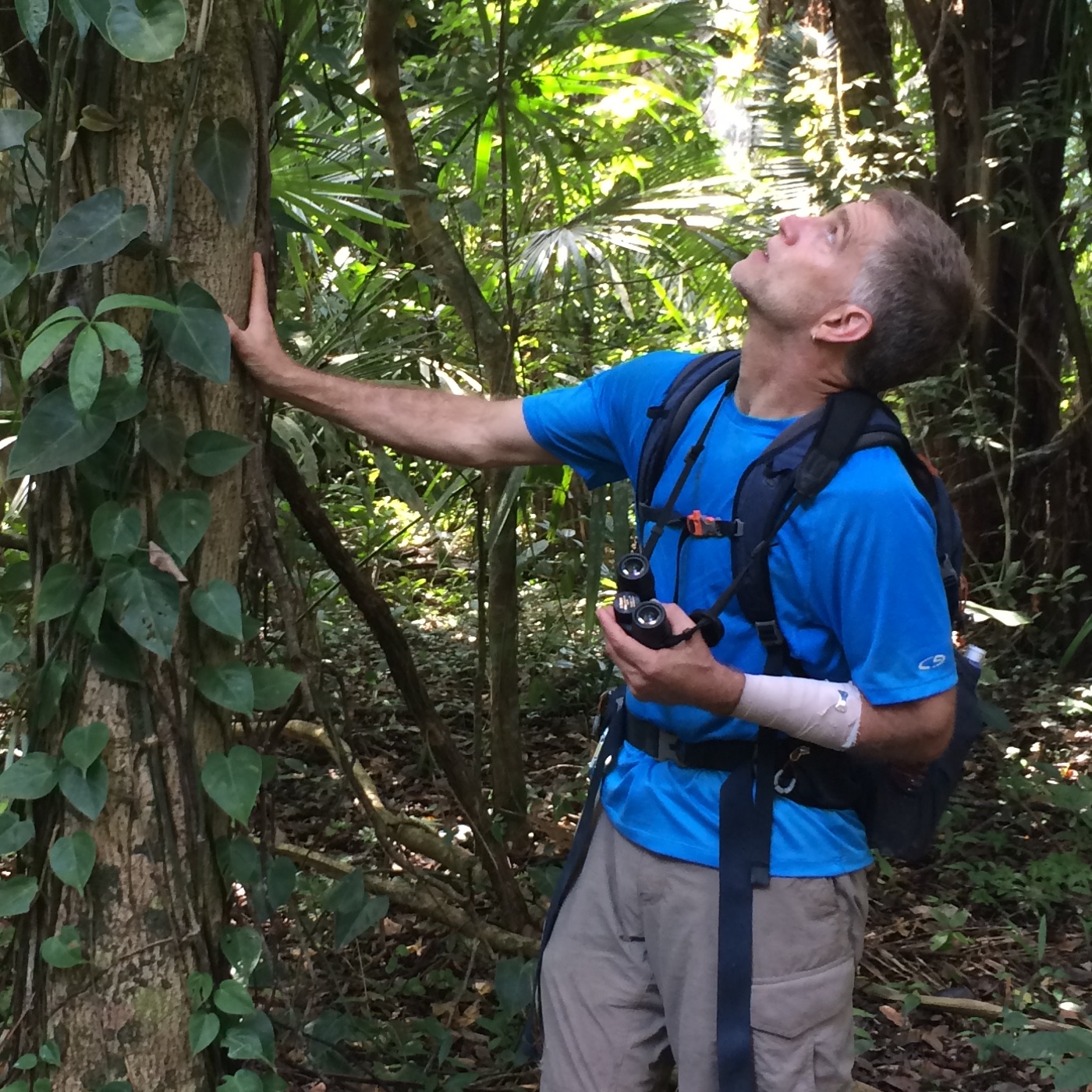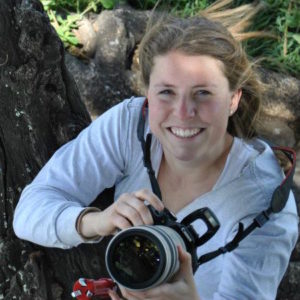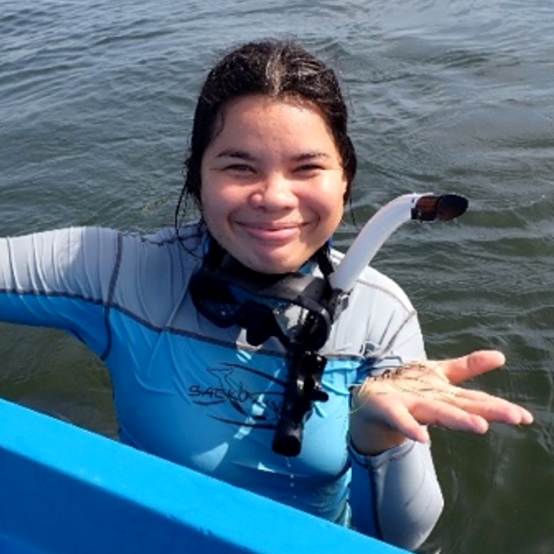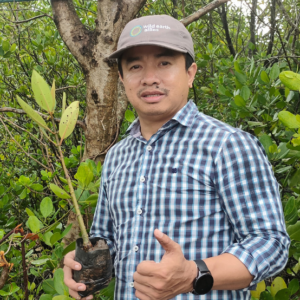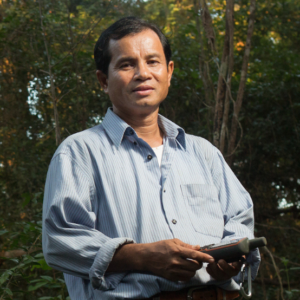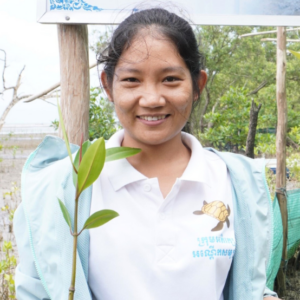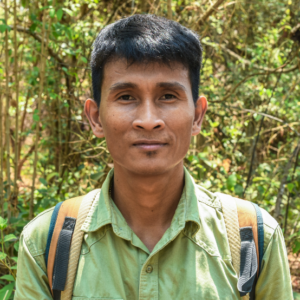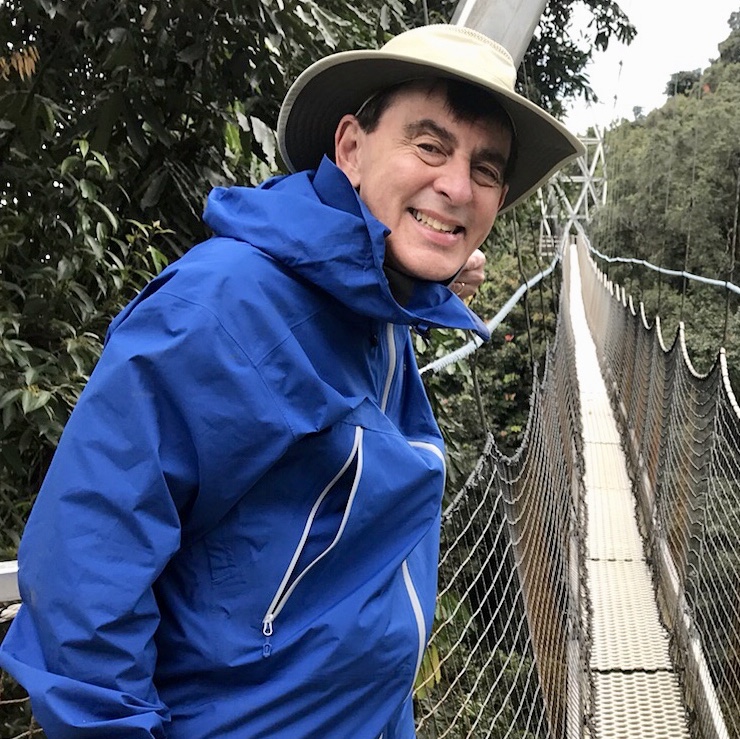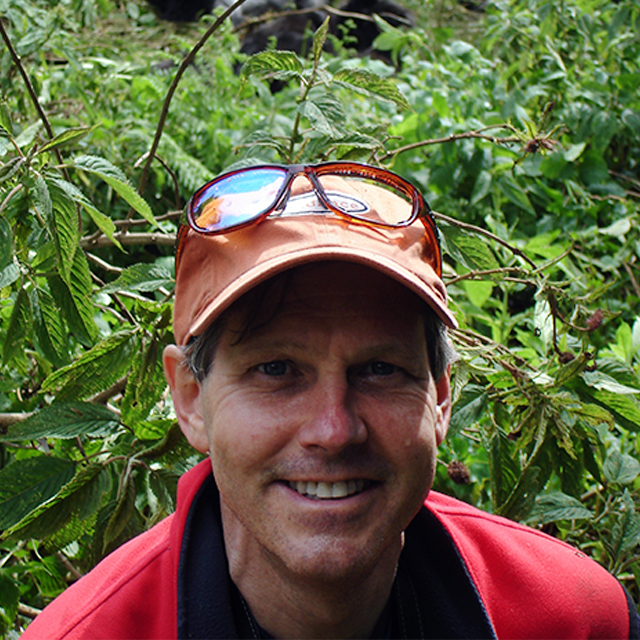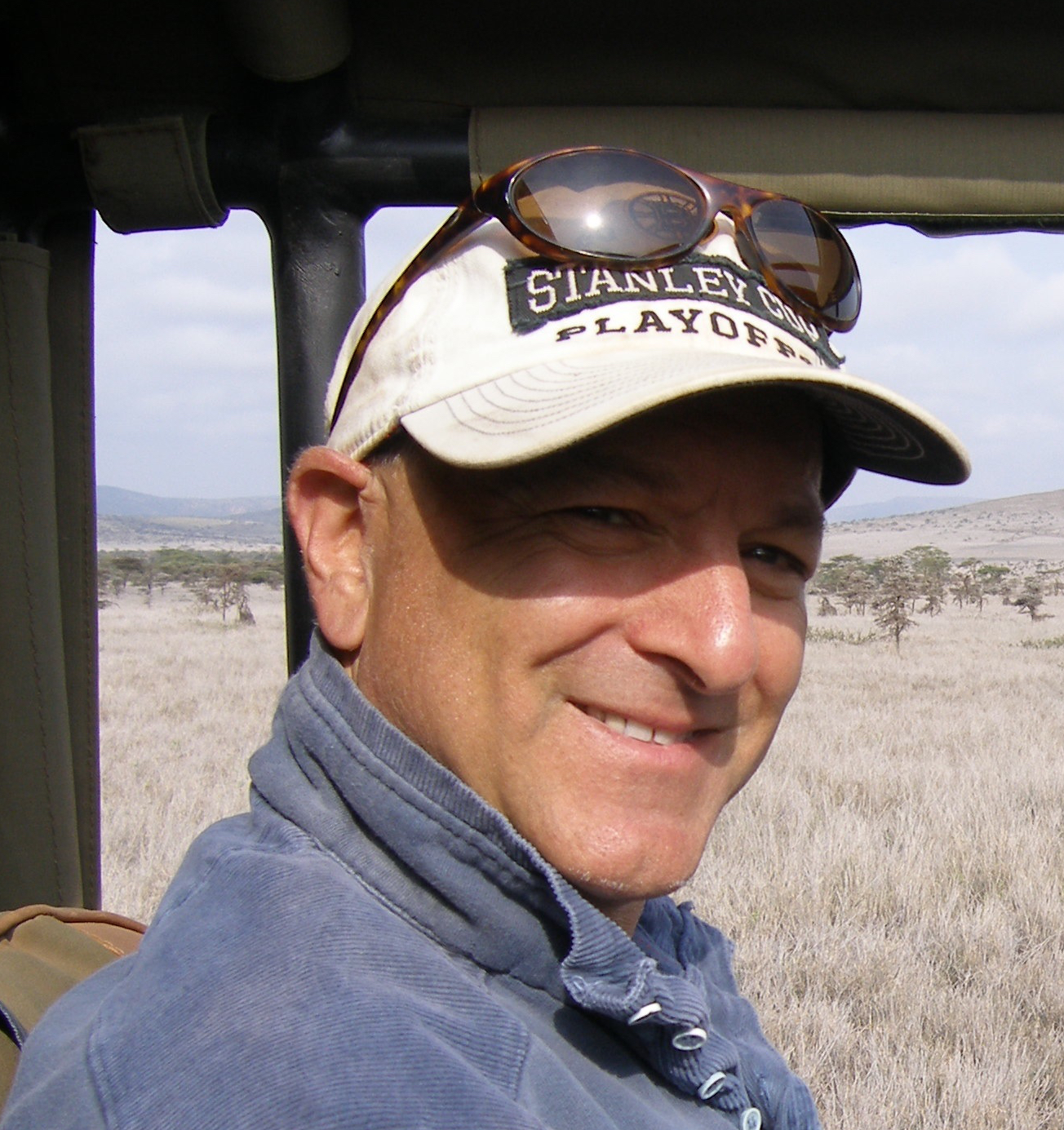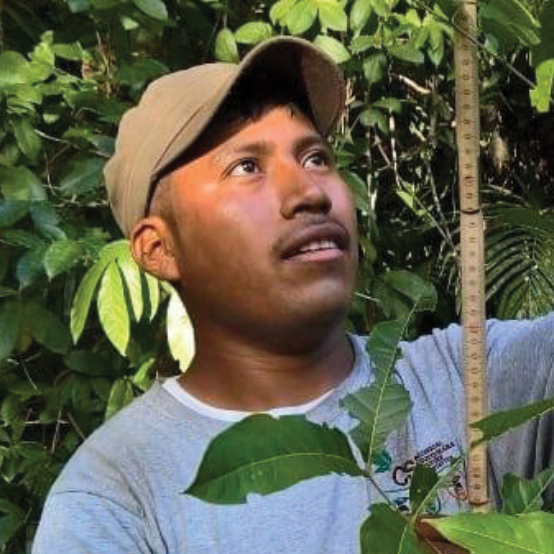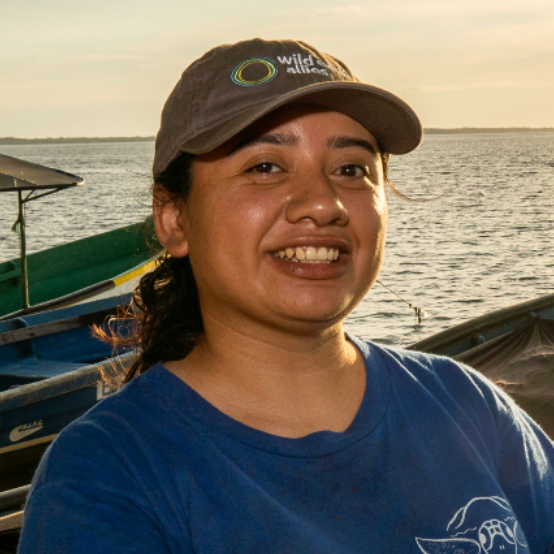Media Contact
Laura Milton
lmilton@wildearthallies.org
Phnom Penh, Cambodia – Wild Earth Allies announces the discovery of three slender gecko species in Cambodia’s Cardamom Mountains. Two of these species are newly described to science, and one represents a new country record for Cambodia. The species were discovered by Wild Earth Allies Conservation Manager Neang Thy and Bryan Stuart, Ph.D., of the North Carolina Museum of Natural Sciences. Their findings, published in Zootaxa, underscore the importance of conservation in Cambodia, one of Southeast Asia’s most biodiverse countries. The discoveries were made in close collaboration with the General Department of Protected Areas of the Ministry of Environment.
Neang identified the newly described slender gecko species, Hemiphyllodactylus bokor sp. nov. and Hemiphyllodactylus samkos sp. nov., through detailed morphological and molecular analyses in collaboration with Stuart. These species were discovered in the Preah Monivong Bokor National Park, Kampot Province, and Phnom Samkos Wildlife Sanctuary, Pursat Province—two critical wildlife areas situated at opposite ends of the Cardamom Mountains.
The authors also documented Hemiphyllodactylus typus in Preah Monivong Bokor National Park, marking its first recorded presence in Cambodia. While both H. typus and the newly identified species, H. bokor sp. nov., occur in Preah Monivong Bokor National Park, H. typus appears to be at lower elevations and H. bokor sp. nov. at higher elevations.
“These discoveries mark a significant step forward in our understanding of Cambodia’s rich biodiversity,” said Neang. “The new species highlight the incredible biodiversity hidden within the Cardamom Mountains and a clear need for ongoing research and conservation in Cambodia.”
Neang and Stuart recently collaborated on describing a new species of bent-toed gecko, the Royal Cave Bent-toed Gecko (Cyrtodactylus regicavernicolus), also found in southern Cambodia. With these findings, Neang has now contributed to the discovery and description of 31 species.
“Thy’s field discoveries show that different blocks within the Cardamom Mountains harbor unique species,” said Stuart. “They emphasize the need to conserve areas throughout the mountain range in order to protect its phenomenal biodiversity.”
About Wild Earth Allies
Wild Earth Allies advances local conservation action to protect at-risk wildlife, restore critical habitats, and enhance sustainable livelihoods. Building on a decades-long conservation track record, Wild Earth Allies collaborates with partners in priority terrestrial and marine ecosystems to drive lasting, positive impacts for people and nature.
###

